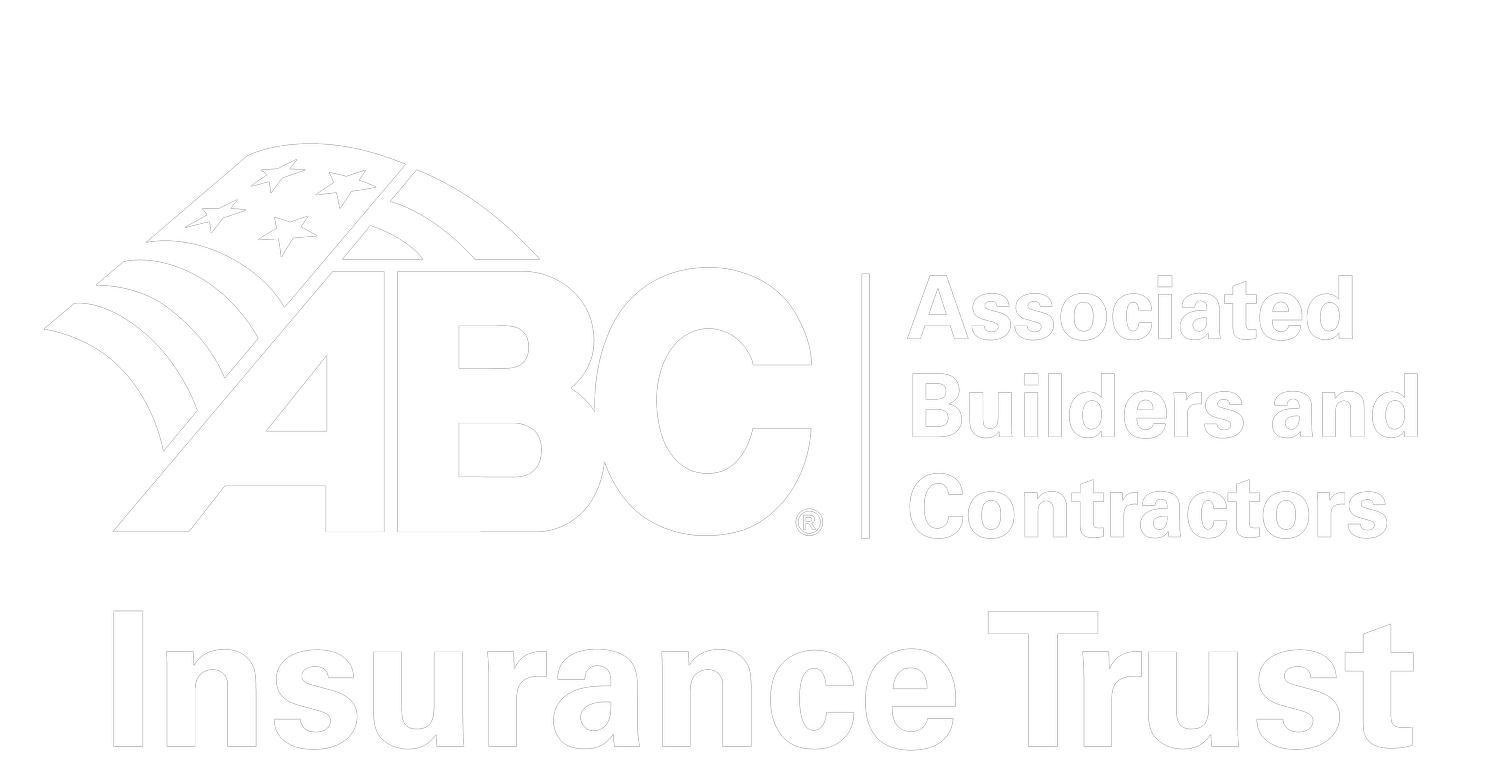Form 5500 Series
The Form 5500 Series (also known as the Annual Report) is an important compliance, research, and disclosure tool for the Department of Labor (DOL). Filing of the Form 5500 satisfies annual reporting requirements of employee benefit plans that meet certain criteria under ERISA and the Internal Revenue Code. The purpose of this form is to ensure plan administrators are protecting employees’ rights and managing their benefits according to regulations.
Who Must File Form 5500?
Employers
Employers who sponsor a welfare benefit plan, such as a health insurance plan, must file Form 5500.
If a plan has a Plan Administrator, they are also responsible for filing Form 5500.
100+ Participants
The filing requirement applies if the plan has 100 or more participants at the beginning of the plan year. Under 100 are exempt from 5500 if plan is unfunded, fully insured or both.
The “plan” usually includes all of the component benefits together. In other words, if the employer-paid life plan had 100 or more participants on the 1st day of the plan year, but the medical plan only had 70, if these are wrapped together into one big ERISA plan, then you must file Form 5500.
Exemptions
Under 100 employees are exempt if plan is not part of a MEWA and is unfunded (i.e., not paid from a trust/VEBA), fully insured, or both.
Governmental, church or Indian tribal plans aren’t required to file a Form 5500 since those plans are exempt from ERISA and its requirements.
Unfunded (paying benefits out of general assets and not a trust/plan assets), fully-insured, or combination unfunded and fully-insured health plans with less than 100 participants on the 1st day of the plan year are also excused from having to file the 5500.
For example, if a plan had 99 participants as of Jan 1, 2025, the first day of the plan year, but then goes up to 105 participants on Jan 2, 2025, then they do NOT have to file Form 5500 as of July 31, 2025.
Filing Form 5500
Deadline: Form 5500 is due by the last day of the 7th month after the plan year ends, subject to applicable extensions.
Example: eligible plans that are administered on the calendar year (Jan 1- Dec 31), this date would be July 31.
5500 Extension: Employers may request a 2.5 month extension (Form 5558) which extends this deadline to October 15, respectively.
Penalties
Failure to file annual 5500 Report - over $2,500 / day the filing is late.
However, if the employer voluntarily participates in the Delinquent Filer Voluntary Compliance Program (DFVCP) before the DOL inquires about a missing 5500, penalties can be drastically reduced to just $10 per day the filing is late, to a cap of $4,000 no matter how many years the plan’s 5500 filing was missed.
